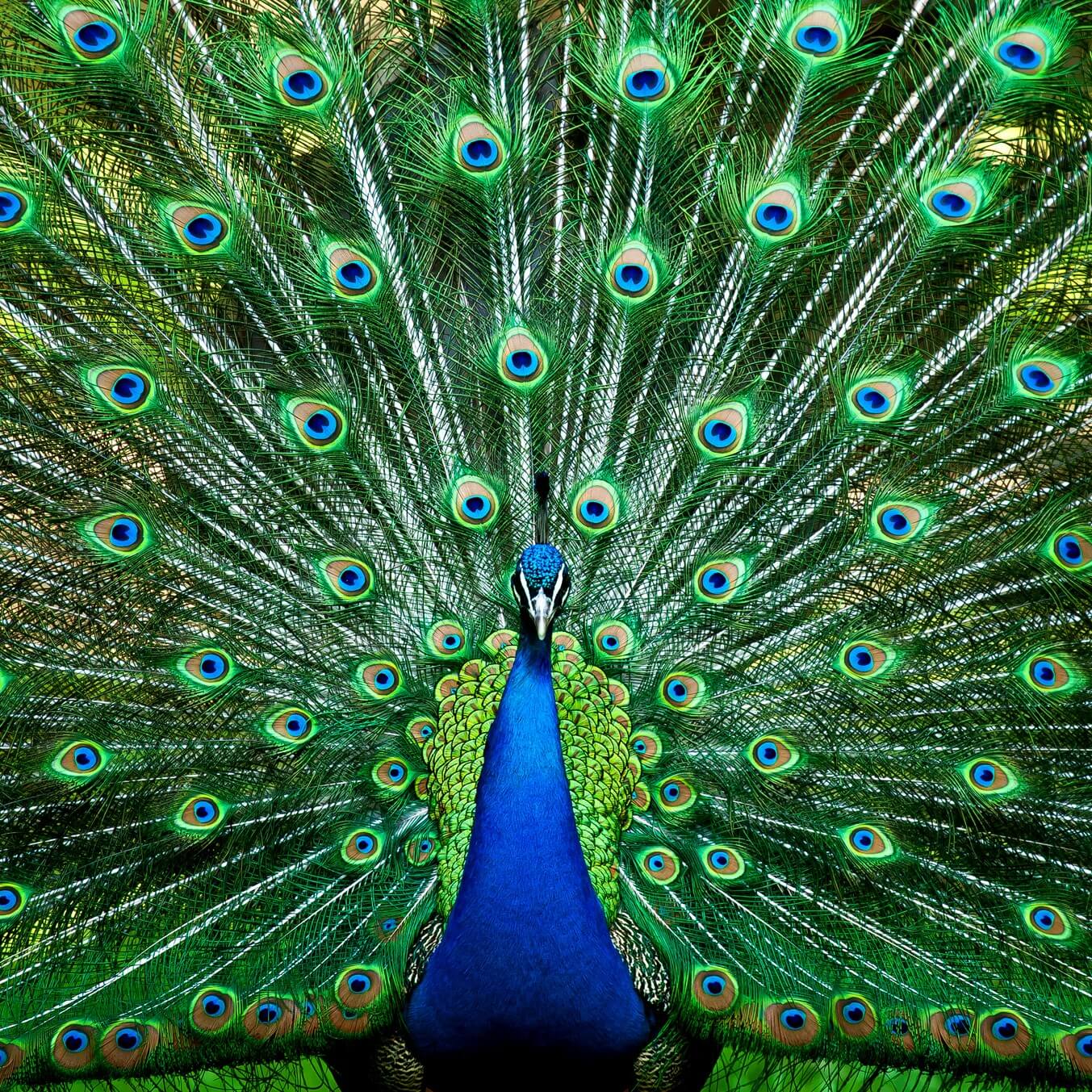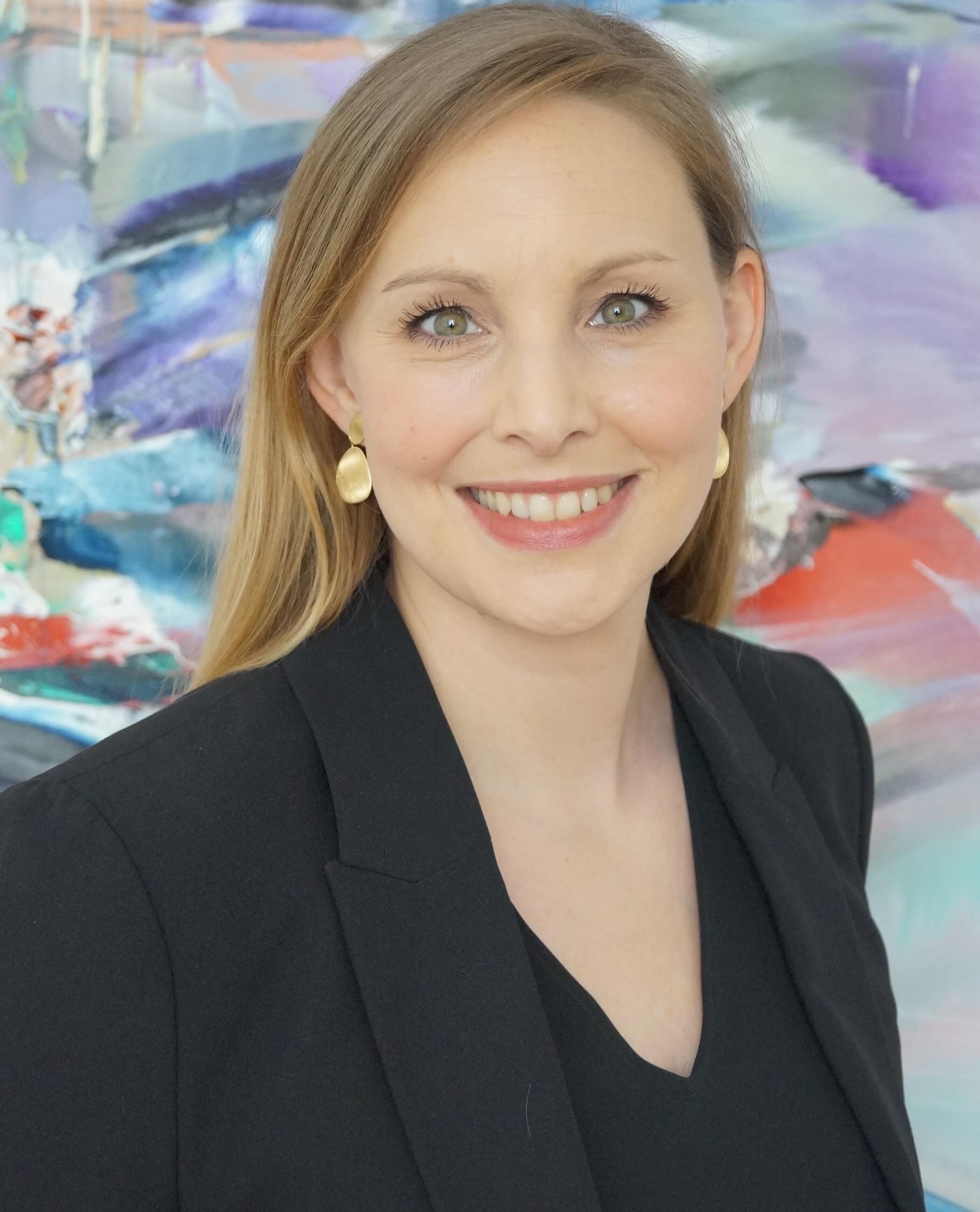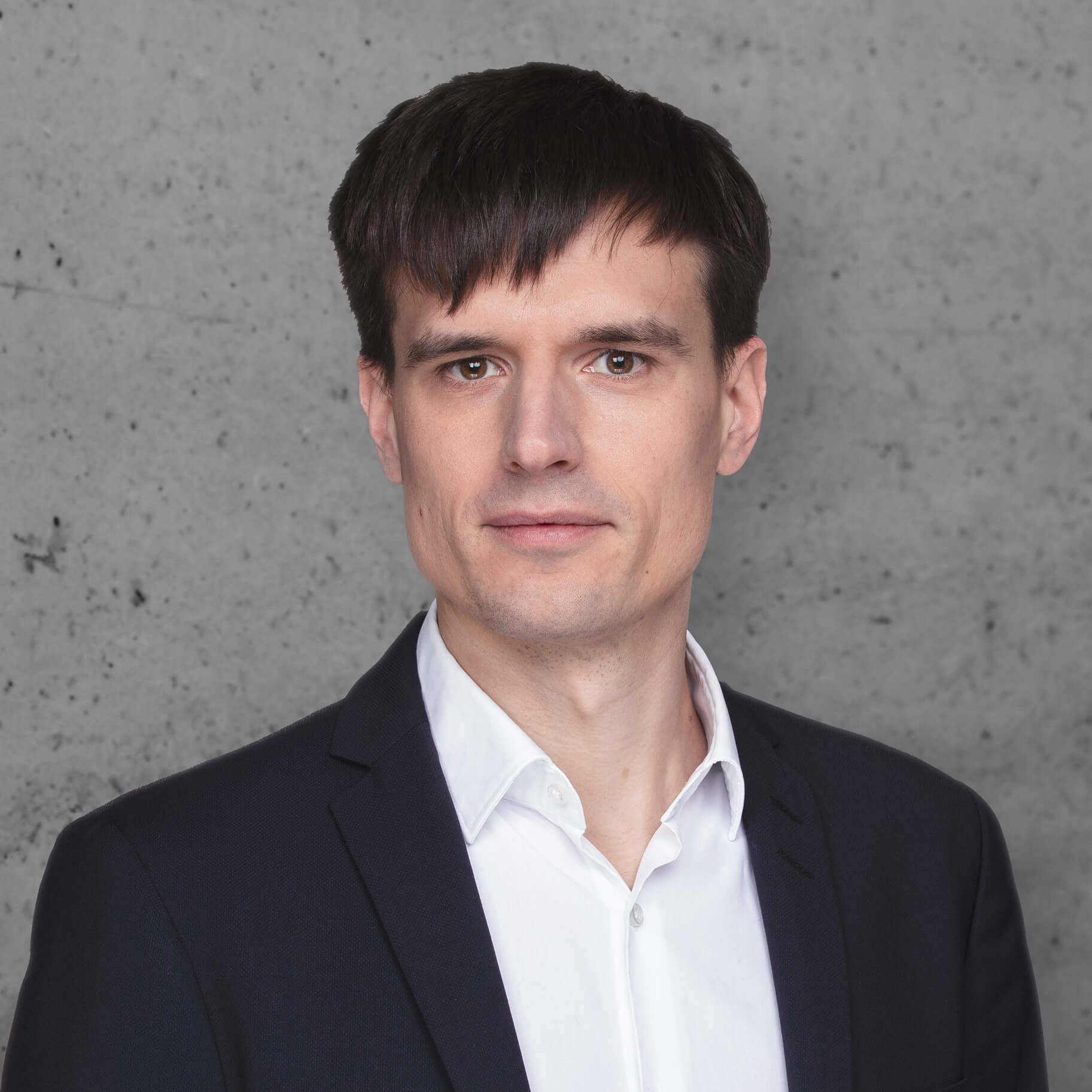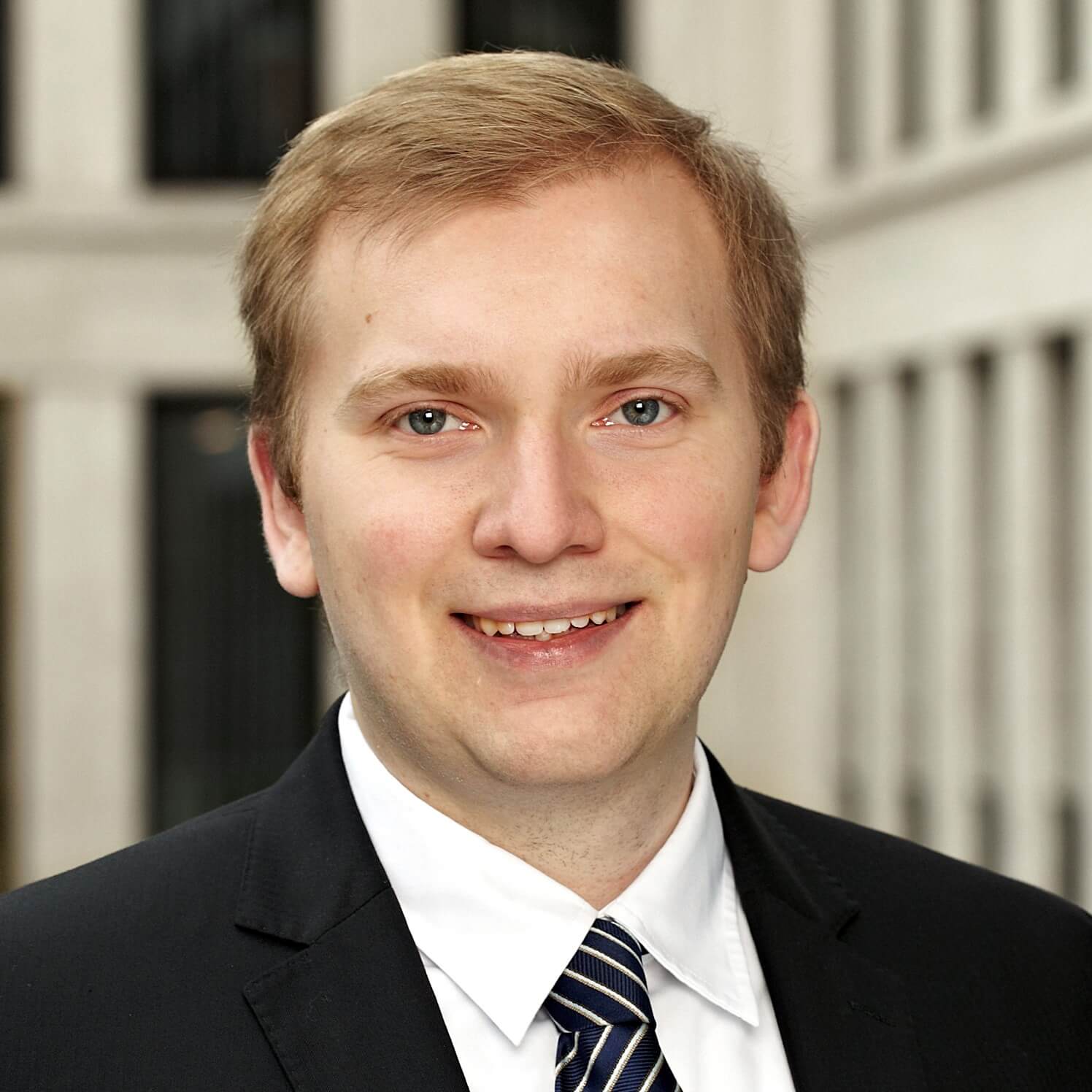OUR GAME THEORY PODCAST
In Game Changer, the podcast by TWS Partners, we want to share our enthusiasm and passion for game theory and its applications. Guests from industry and academia discuss the power of game theory in their profession and how they use it to make a difference. Along the way we strive to offer fun anecdotes, useful facts and valuable insights. Hear us out and find out that game theory is much more than a topic for ivory tower discussions.
CAUSE AND EFFECT – OR WHY THE 2021 NOBEL PRIZE IS NOTHING LESS THAN AN EMPIRICAL REVOLUTION | WITH PAUL HüNERMUND

 In this episode Paul Hünermund explains why the Nobel prize in Economics this year was given to the three researchers David Card, Joshua Angrist and Guido Imbens and what companies can learn from their research. We talk about how natural experiments sparked an empirical revolution and how machine learning can help us establish causal links to find the answer to everyday questions.
Paul Hünermund is assistant professor of Strategy and Innovation at Copenhagen Business School. In his research he focuses on how firms can leverage new technologies in the space of machine learning and artificial intelligence for value creation and competitive advantage. In doing so he employs a wide variety of tools from econometrics, machine learning, and the field of causal inference.
In this episode Paul Hünermund explains why the Nobel prize in Economics this year was given to the three researchers David Card, Joshua Angrist and Guido Imbens and what companies can learn from their research. We talk about how natural experiments sparked an empirical revolution and how machine learning can help us establish causal links to find the answer to everyday questions.
Paul Hünermund is assistant professor of Strategy and Innovation at Copenhagen Business School. In his research he focuses on how firms can leverage new technologies in the space of machine learning and artificial intelligence for value creation and competitive advantage. In doing so he employs a wide variety of tools from econometrics, machine learning, and the field of causal inference.
A SMARTER WAY TO SAVE THE CLIMATE | WITH JOS COZIJNSEN

 In this episode, we are talking to Jos Cozijnsen, carbon specialist at the Carbon Neutral Group. Jos explains how knowledge from Game Theory and Mechanism Design can help reduce carbon emissions. He explains in detail the cap & trade system in Europe which makes carbon credits tradeable. This market has introduced CO2 reduction certificates which are issued for a project where additional CO2 reductions have been accomplished. Such carbon credit or CO2 reduction certificate can be used to compensate own emissions.
At the time of the recording the Climate Change Conference (COP26) in Glasgow is happening which Jos also attends.
Jos Cozijnsen is carbon specialist at the Carbon Neutral Group, he holds a Master in Law. Jos is supporting companies to lower their carbon footprint and their impact on the climate. He is well experienced in the carbon market and carbon pricing. He has recently published an article on this episode’s topic here: https://www.emissierechten.nl/column/six-tips-to-make-the-climate-summit-to-a-success/
In this episode, we are talking to Jos Cozijnsen, carbon specialist at the Carbon Neutral Group. Jos explains how knowledge from Game Theory and Mechanism Design can help reduce carbon emissions. He explains in detail the cap & trade system in Europe which makes carbon credits tradeable. This market has introduced CO2 reduction certificates which are issued for a project where additional CO2 reductions have been accomplished. Such carbon credit or CO2 reduction certificate can be used to compensate own emissions.
At the time of the recording the Climate Change Conference (COP26) in Glasgow is happening which Jos also attends.
Jos Cozijnsen is carbon specialist at the Carbon Neutral Group, he holds a Master in Law. Jos is supporting companies to lower their carbon footprint and their impact on the climate. He is well experienced in the carbon market and carbon pricing. He has recently published an article on this episode’s topic here: https://www.emissierechten.nl/column/six-tips-to-make-the-climate-summit-to-a-success/
EVOLUTIONARY GAME THEORY OR ‘WHY YOU CAN TRUST A PEACOCK’ | WITH KEVIN ZOLLMAN


In this episode, we are talking to Kevin Zollman, professor of Philosophy and Social and Decision Sciences. Kevin explains how to use game theoretic concepts to study non-verbal communication between animals (and humans). From this perspective, seemingly useless or even costly features like the cumbersome tail of a peacock can be explained as costly (and therefore fraud resistant) signals to potential mating partners. We also discuss the limits of these concepts and alternative explanations that form the current state of research on this topic.
Kevin Zollman is professor of Philosophy and Social and Decision Sciences at Carnegie Mellon University in in Pittsburgh, Pennsylvania. His research interests include many fields such as game theory, its biological applications, and the philosophy of science.
He is also author of the recently published book “The Game Theorist’s Guide to Parenting: How the Science of Strategic Thinking Can Help You Deal With the Toughest Negotiators You Know: Your Kids”
BEHIND THE SCENES OF SOTHEBY’S AUCTION HOUSE | WITH EVA DONNERHACK

 In this episode we are talking to Eva Donnerhack, Director, Specialist for Modern and Impressionist Art and Head of Sales Germany at Sotheby's. Together we take a look behind the curtain of preparing an auction in the world of art, discuss the importance of timing, stories and cultural differences and learn what art auctions and concerts have in common.
Eva Donnerhack is Director, Specialist for Modern and Impressionist Art and Head of Sales Germany at the auction house Sotheby's. As such she contributes to many of Sotheby's most promising auctions in London, Paris and New York and is well seasoned when it comes to all things auctions in the world of art.
In this episode we are talking to Eva Donnerhack, Director, Specialist for Modern and Impressionist Art and Head of Sales Germany at Sotheby's. Together we take a look behind the curtain of preparing an auction in the world of art, discuss the importance of timing, stories and cultural differences and learn what art auctions and concerts have in common.
Eva Donnerhack is Director, Specialist for Modern and Impressionist Art and Head of Sales Germany at the auction house Sotheby's. As such she contributes to many of Sotheby's most promising auctions in London, Paris and New York and is well seasoned when it comes to all things auctions in the world of art.
ARE ALL MODELS WRONG? | WITH SCOTT PAGE

 In this episode Scott Page, professor for Complexity, Social Science and Management at the University of Michigan, explains the value of models and their uses in different environments and disciplines including economics and in particular game theory. We talk about what to consider when setting up a model, how models capture "real life" and how to best apply them in a business context using game theory.
Scott Page is professor for Complexity, Social Science and Management at the University of Michigan. In his research he focuses on complex systems, collective intelligence, teams, and political and economic institutions. He is also the author of the book “The Model Thinker: What You Need to Know to Make Data Work For You”, explaining the value of models when it comes to making sense of data and complex phenomena.
In this episode Scott Page, professor for Complexity, Social Science and Management at the University of Michigan, explains the value of models and their uses in different environments and disciplines including economics and in particular game theory. We talk about what to consider when setting up a model, how models capture "real life" and how to best apply them in a business context using game theory.
Scott Page is professor for Complexity, Social Science and Management at the University of Michigan. In his research he focuses on complex systems, collective intelligence, teams, and political and economic institutions. He is also the author of the book “The Model Thinker: What You Need to Know to Make Data Work For You”, explaining the value of models when it comes to making sense of data and complex phenomena. 
THE PRICE OF A PILL: GAME THEORY AND THE PHARMACEUTICAL INDUSTRY | WITH OLIVER VIEHMANN

 In this episode, we talk to Oliver Viehmann, Principal at TWS Partners, and explore the application of game theory to pricing strategies and negotiations in the highly regulated pharmaceutical industry. We discuss how pharmaceutical companies engage with regulators across the world to determine drug prices using two broad mechanisms: regulatory cost-effectiveness pricing and competitive procurement mechanisms (e.g. contracting or tendering). With reference to the highly publicized "Volume Based Procurement" program in China, we delve into the game theoretic complexities and challenges for both payers, who create auction designs, and manufacturers, who compete to win contracts.
Oliver Viehmann is Principal at TWS Partners and supports clients in the pharmaceutical sector, in addition to a range of other industries.
In this episode, we talk to Oliver Viehmann, Principal at TWS Partners, and explore the application of game theory to pricing strategies and negotiations in the highly regulated pharmaceutical industry. We discuss how pharmaceutical companies engage with regulators across the world to determine drug prices using two broad mechanisms: regulatory cost-effectiveness pricing and competitive procurement mechanisms (e.g. contracting or tendering). With reference to the highly publicized "Volume Based Procurement" program in China, we delve into the game theoretic complexities and challenges for both payers, who create auction designs, and manufacturers, who compete to win contracts.
Oliver Viehmann is Principal at TWS Partners and supports clients in the pharmaceutical sector, in addition to a range of other industries.
HOW TO PREDICT EMERGING MARKET POWER USING GAME THEORY | WITH PHILIPP HELLER

 In this episode we talk to Philipp Heller, expert on mergers, antitrust and competition to elaborate on why game theory is relevant to merger analysis. We discuss how game theory can help predict effects of market consolidations for some of the most prominent examples in recent years. While the intended merger of Vonovia and its largest rival Deutsche Wohnen, which would have formed the largest residential-property company in the whole of Europe, was recently rejected by shareholders, the German Federal Cartel Office (FCO) gave its blessing to the transaction. We explain some ideas from game theory that are useful for antitrust authorities like the FCO when analysing this and other mergers.
Philipp Heller is an Associate Director at NERA Economic Consulting. There he has focused on topics such as cartel damages litigation, national and international merger notifications, and regulatory procedures. Previously Philipp completed his PhD in Economics at Humboldt University of Berlin.
In this episode we talk to Philipp Heller, expert on mergers, antitrust and competition to elaborate on why game theory is relevant to merger analysis. We discuss how game theory can help predict effects of market consolidations for some of the most prominent examples in recent years. While the intended merger of Vonovia and its largest rival Deutsche Wohnen, which would have formed the largest residential-property company in the whole of Europe, was recently rejected by shareholders, the German Federal Cartel Office (FCO) gave its blessing to the transaction. We explain some ideas from game theory that are useful for antitrust authorities like the FCO when analysing this and other mergers.
Philipp Heller is an Associate Director at NERA Economic Consulting. There he has focused on topics such as cartel damages litigation, national and international merger notifications, and regulatory procedures. Previously Philipp completed his PhD in Economics at Humboldt University of Berlin.
IT’S A MATCH! HOW ECONOMISTS IMPROVE MECHANISMS FOR KIDNEY EXCHANGE | WITH JULIEN COMBE

 In this episode Julien Combe, professor of Economics at École Polytechnique, walks us through the intricacies of finding the right matching mechanism for kidney exchanges. We talk about general challenges when trying to find a match, the impact of different regulations in different countries and how a single altruistic donor can set off a whole chain of successful exchanges.
Julien Combe is professor at the Department of Economics at École Polytechnique in France. In his research he focuses on market design and especially the design of efficient allocation mechanisms in various environments. Among other things the results of his research help inform policy makers and regulators in France when it comes to matching markets.
In this episode Julien Combe, professor of Economics at École Polytechnique, walks us through the intricacies of finding the right matching mechanism for kidney exchanges. We talk about general challenges when trying to find a match, the impact of different regulations in different countries and how a single altruistic donor can set off a whole chain of successful exchanges.
Julien Combe is professor at the Department of Economics at École Polytechnique in France. In his research he focuses on market design and especially the design of efficient allocation mechanisms in various environments. Among other things the results of his research help inform policy makers and regulators in France when it comes to matching markets.
FROM A SPARK TO A FLAME: THE RISE OF GAME THEORY AT GENERAL MOTORS | WITH MARC ROBINSON

 In this episode Marc Robinson, strategy and risk management expert, takes us back to when he first applied game theory to real-life business problems at General Motors. He shares his insights on how to identify problems well suited for game theoretic tools as well as benefits and common misconceptions when applying them to negotiations of all kinds.
Marc Robinson now works as an independent strategy and risk management consultant, following a career as an internal consultant and economist at General Motors. It was there that he first introduced game theoretic concepts and tools, applying them to a vast range of applications such as strategic product or investment decisions, or negotiations with partners, suppliers, and unions. He also taught at UCLA and Stanford and worked on the Council of Economic Advisers under President George H.W. Bush.
In this episode Marc Robinson, strategy and risk management expert, takes us back to when he first applied game theory to real-life business problems at General Motors. He shares his insights on how to identify problems well suited for game theoretic tools as well as benefits and common misconceptions when applying them to negotiations of all kinds.
Marc Robinson now works as an independent strategy and risk management consultant, following a career as an internal consultant and economist at General Motors. It was there that he first introduced game theoretic concepts and tools, applying them to a vast range of applications such as strategic product or investment decisions, or negotiations with partners, suppliers, and unions. He also taught at UCLA and Stanford and worked on the Council of Economic Advisers under President George H.W. Bush.
RATIONING SUPPLY – OR HOW GOOD INTENTIONS CAN LEAD TO A BAD OUTCOME | WITH MARION OTT

 In order to advance the “green revolution”, the EU has set some ambitious goals to drastically increase renewable energies in their energy portfolio. Part of that strategy is to award “support” (i.e. state subsidies) to renewable energy projects.
Today’s guest Marion Ott explains to us how these subsidies are allocated, which rules are discussed to improve this process and their (unintended) effects. In particular, we are discussing “endogenous rationing”, which tries to increase competition in the subsidies tenders by artificially reducing the supply.
Marion Ott is researcher at the ZEW and member of the research department "Market Design". Her work is focussed on auction and market design.
You can find details on her current research activities on her homepage https://www.zew.de/team/mot
In particular, Marion recently published two papers on endogenous rationing, which you can find here https://www.zew.de/publikationen/a-small-volume-reduction-that-melts-down-the-market-auctions-with-endogenous-rationing (in English) and here https://www.zew.de/publikationen/endogene-rationierung-in-ausschreibungen-fuer-erneuerbare-energien (in German only).
In order to advance the “green revolution”, the EU has set some ambitious goals to drastically increase renewable energies in their energy portfolio. Part of that strategy is to award “support” (i.e. state subsidies) to renewable energy projects.
Today’s guest Marion Ott explains to us how these subsidies are allocated, which rules are discussed to improve this process and their (unintended) effects. In particular, we are discussing “endogenous rationing”, which tries to increase competition in the subsidies tenders by artificially reducing the supply.
Marion Ott is researcher at the ZEW and member of the research department "Market Design". Her work is focussed on auction and market design.
You can find details on her current research activities on her homepage https://www.zew.de/team/mot
In particular, Marion recently published two papers on endogenous rationing, which you can find here https://www.zew.de/publikationen/a-small-volume-reduction-that-melts-down-the-market-auctions-with-endogenous-rationing (in English) and here https://www.zew.de/publikationen/endogene-rationierung-in-ausschreibungen-fuer-erneuerbare-energien (in German only).